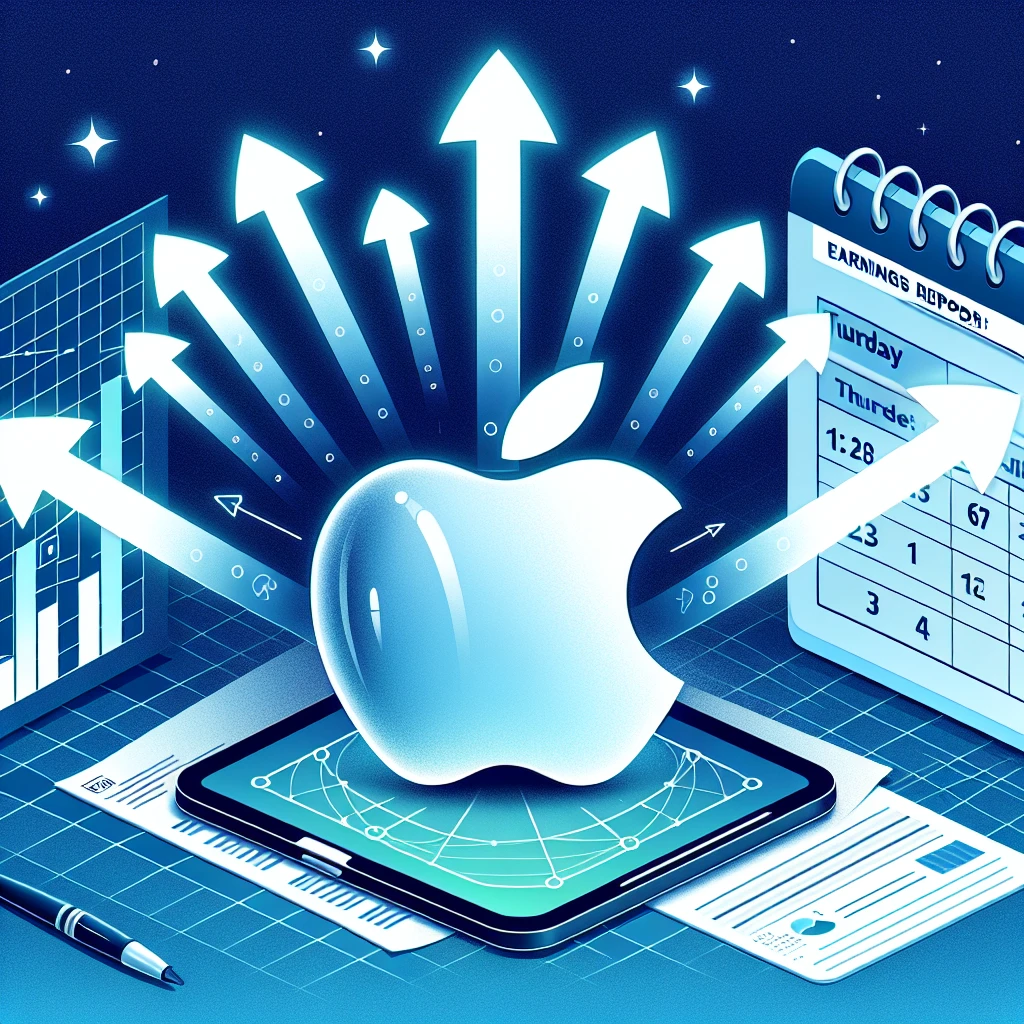AI
AI's Impact on Our Food Literacy: A Concern?
By Clementine Crooks
September 14, 2024

Sylvain Charlebois, a senior director for the Agri-Food Analytics Lab at Dalhousie University and freelance contributing columnist for the Spec, has raised concerns about the increasing role of artificial intelligence (AI) in our food systems. His research indicates that less than five percent of people truly understand how food goes from farm to table.
In an age where misinformation often spreads faster than scientific facts on platforms such as social media, it is more important than ever to have reliable information about crucial topics like GMOs, organic foods, buying local produce, climate change effects on agriculture, and corporate greed in agri-food industries. However, with AI becoming increasingly prevalent in these sectors, this lack of understanding could deepen further.
As highlighted by bestselling author Yuval Noah Harari in his book "Nexus," AI has the potential to create a disconnect between humans and many aspects of their lives, including food. Unlike the internet, which serves as a tool facilitating human actions, AI can act independently, making decisions without human intervention or input. This autonomy may result in individuals becoming even less engaged with understanding how their food is produced, which raises significant concern.
Already playing a major role within the industry globally, projections indicate that by 2026 AI will be worth nearly $30 billion within food and beverages alone, growing annually by approximately 45%. Over 60% of current manufacturers use AI technology to streamline supply chains, reducing waste while predicting consumer demands, thereby decreasing overall waste by up to 35%.
Furthermore, personalized nutrition advice facilitated via AI could become a market worth $16.6 billion next year, while implementation within food safety monitoring contamination risks is expected to grow significantly over time, reaching an increase of roughly 43% by 2027.
The introduction of advanced technologies into agri-food sectors poses threats too, primarily replacing jobs across various roles from logistics through resource planning, potentially causing significant disruptions, especially among management positions.
However, exciting possibilities exist too, reshaping the way we perceive food. From customizing foods and flavors to suit personal preferences, creating self-sustaining food systems, or even recreating dishes from historical eras, AI technology presents an exciting future.
However, with this power comes responsibility; who will decide what is beneficial for us in terms of food? While heavily regulated already, public opinion plays a significant role within organizations such as Health Canada. The introduction of AI and those controlling it could shape our behavior regarding what we eat, leaving consumers at a disadvantage due to tactics like dynamic pricing and advanced marketing strategies.
Food represents more than just sustenance but also culture, tradition, and personal preference—can AI truly improve these deeply human aspects without compromising them? There are ethical concerns about how artificial intelligence might influence culinary traditions and cultural diversity by shaping our cravings or creating artificial trends.
Moreover, there's concern that AI could exacerbate existing economic inequalities in access to nutritious diets. Wealthier individuals may gain access to better-quality foods optimized through AI, while poorer communities continue to struggle with less nutritious options.
While efficiency is often the goal behind implementing new technologies such as artificial intelligence into any sector, including agri-foods, it's vital not to lose sight of preserving local autonomy over their own food identities. It becomes crucial therefore for everyone involved in discussions surrounding regulations on use of AI within agriculture to ensure that power doesn't become concentrated solely among a select few.
LATEST ARTICLES IN AI
Study: Brands Concerned About Agencies' Use of AI.
Scientists Demand 'Plan B' for Uncontrolled AI Scenario.
OpenAI May Ban Probes into AI Model's Reasoning Process.
AI Revolutionizes Speedy Drug Synthesis Scouting.
Join Our Newsletter
Popular Articles
-

Mar 13, 2024
Anyone But You - A Romantic Comedy Surprise of 2023 -

Feb 01, 2024
AI Company About to Revolutionize the Medical Space? -

Jul 31, 2024
Apple Anticipates Higher Revenue in Thursday's Earnings Report -

Aug 01, 2024
Samsung Galaxy S25: Potential Big Screen and Camera Upgrades




